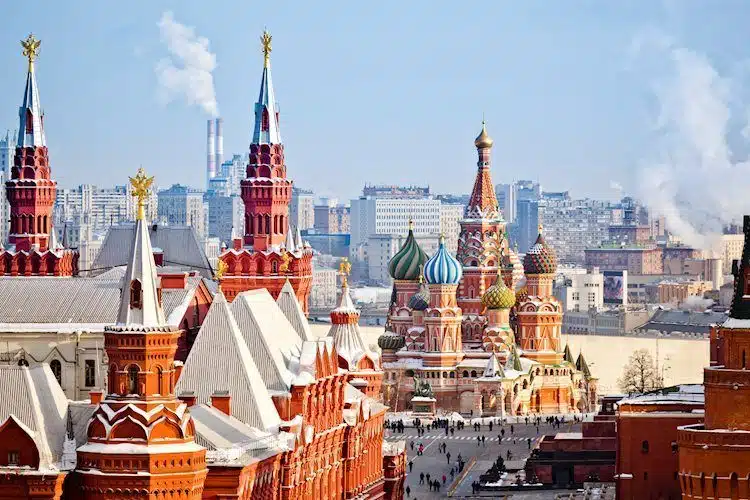On Friday, Western countries imposed a new round of sanctions on Russia in an effort to show a unified front on the one-year anniversary of Vladimir Putin’s invasion of Ukraine. The United States and the United Kingdom both imposed sanctions in solidarity with Kyiv, and the European Union states backed the sanctions after a dispute between Poland and Italy delayed the process for days.
The sanctions include about 120 individuals and entities on the sanction list. Additionally, new export restrictions have been imposed on sensitive dual-use and advanced technologies that contribute to Russia’s military capabilities and technological advancement, based on information from Ukraine, Member States and partners. There are also import bans on bitumen and related materials like asphalt, as well as synthetic rubber and carbon blacks.
Furthermore, three Russian banks have been added to the list of entities subject to the asset freeze and the prohibition to make funds and economic resources available. The package also imposes new reporting obligations on Russian Central Bank assets.
The new sanctions come at a time when relations between the West and Russia are already tense. In 2014, Russia annexed Crimea from Ukraine, and the two countries have been in a state of conflict ever since. The United Nations estimates that the conflict has killed over 13,000 people since it began.
The West has imposed various sanctions on Russia since 2014 in an effort to pressure the country to end its involvement in the conflict. These sanctions have ranged from restrictions on trade and investment to travel bans and asset freezes. The new sanctions are the latest in a series of measures taken by the West in order to send a message to Russia.
However, the effectiveness of the sanctions is up for debate. Russia has continued to support separatists in eastern Ukraine, and the conflict has not been resolved. Some argue that the sanctions are not tough enough to have a real impact on Russia, while others argue that the sanctions are too harsh and are hurting the Russian economy.
Regardless of their effectiveness, the new sanctions show that the West is committed to standing up to Russia and sending a strong message that its actions in Ukraine are unacceptable. The sanctions also demonstrate the West’s commitment to supporting Ukraine and its sovereignty.
Ultimately, the new sanctions are a sign that the West is united in its stance on the conflict in Ukraine, and is determined to put pressure on Russia to end its involvement in the conflict. The sanctions are a reminder that the West is willing to take action to protect Ukraine and its people, and that it will not stand for violations of international law.


